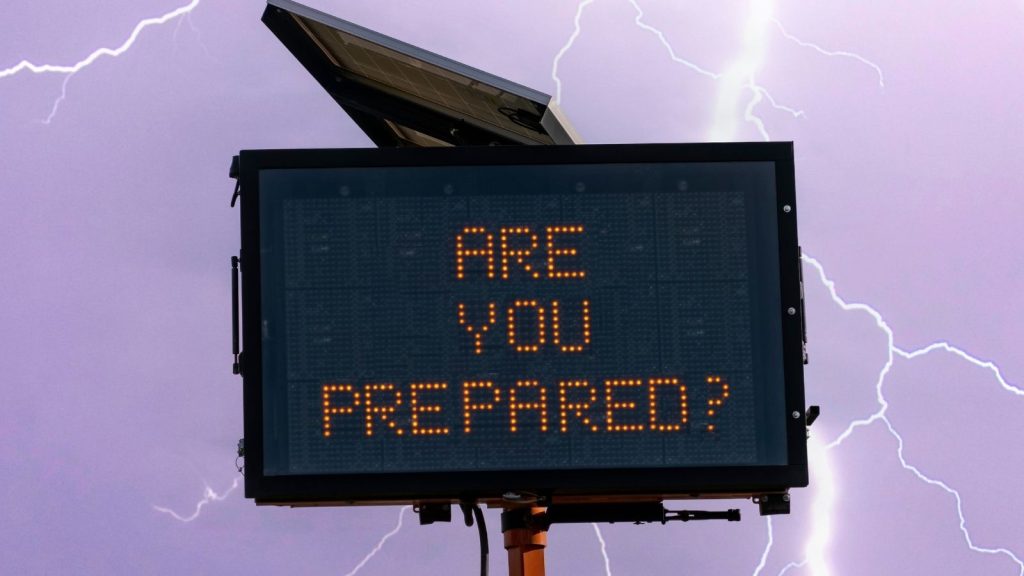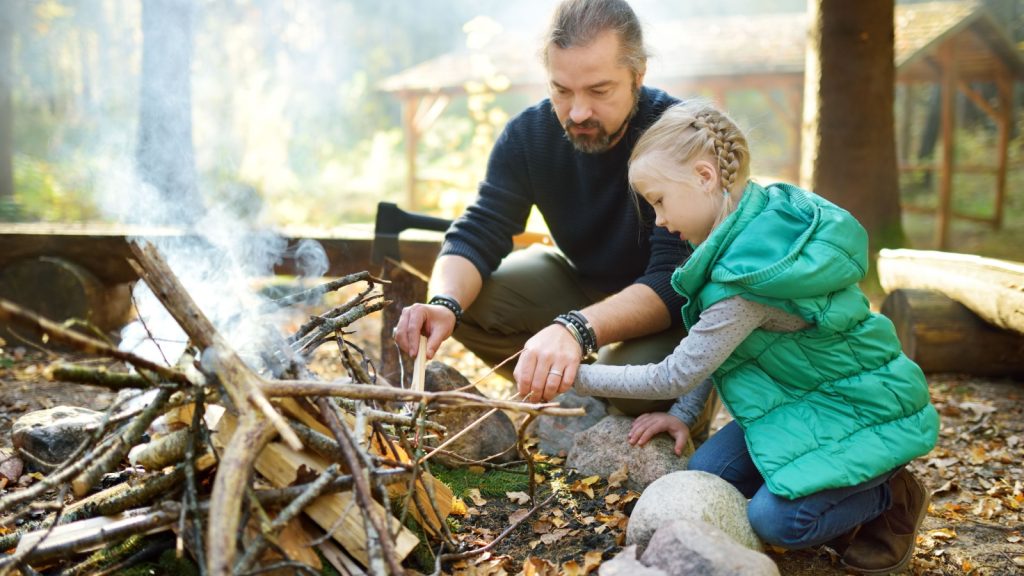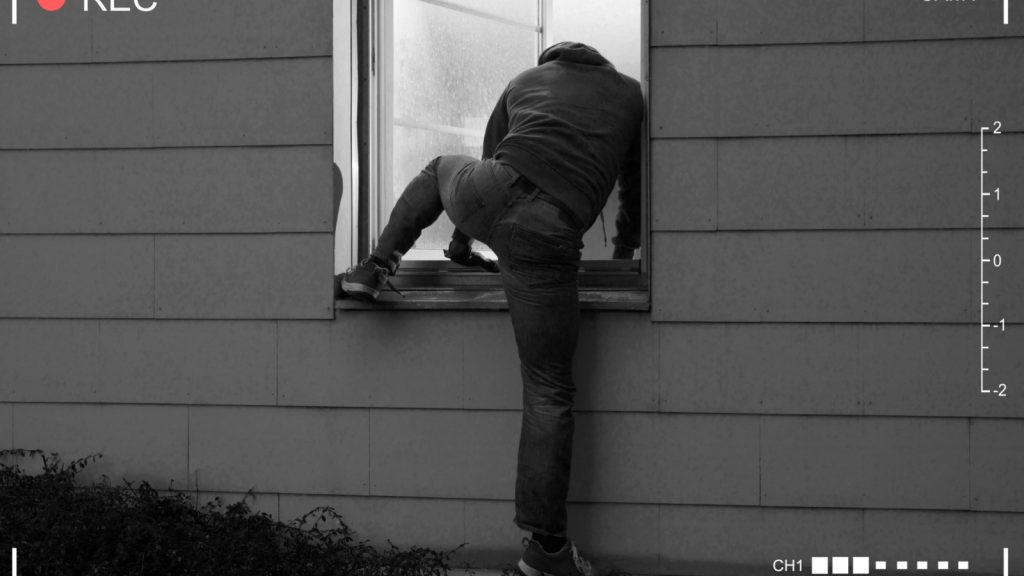The world’s uncertain future has made it clear that preparation is essential. Stocking up on supplies is a start, but it won’t solve everything. To face challenges like economic hardships or societal disruptions, practical skills are your greatest asset.
This isn’t about wilderness survival or building camps in the wild. Assuming you’re sheltering at home, you’ll need skills to manage life without the conveniences we often rely on.
These skills are useful even in normal times, helping you save money, stay self-sufficient, and live resourcefully. Master them now to prepare for the unexpected and improve your everyday life.

Carpentry
When repairs or simple structures are needed—like a wood shed or chicken coop—basic carpentry is invaluable. You don’t need to be a master carpenter, but knowing how to build sturdy, weather-resistant structures can save you time and money. Having a few essential tools like a hammer, saw, and drill, along with the knowledge to use them, can make a world of difference.
Home Security
High-tech alarms might fail during extended power cuts, but basic security measures won’t. Learning to install deadbolts, secure windows, and set up simple DIY alarms can give you peace of mind. Reinforcing entry points with items like door jammers or window bars can further strengthen your home’s defences.
Animal Care
Vet bills can be a drain on your resources, and emergencies don’t always wait for professional help. Learning basic animal care—like treating minor wounds or identifying common illnesses—helps you manage both pets and livestock effectively. Familiarising yourself with symptoms of common ailments in your animals can help you act quickly to prevent bigger problems.
I can’t post the pictures here because they’re probably a little too gruesome for mass consumption, but I recently successfully treated a nasty puncture wound on my whippet’s foot – I still have no clue how she did it. She was happily running around in the woods on our walk, then she disappeared and fell totally silent. When I found her, she was standing on three legs beneath a tree, trembling all over, the poor little love. She had two nasty wounds on one foot, like a sharp stick had gone into the skin and come out again about a half inch away.
But I’m experienced enough to know how to clean and flush wounds like that without causing unnecessary distress to my very dramatic whippet. So, instead of the very expensive out-of-hours vet, we went home, cleaned out the wound again, and treated it with my knowledge and the natural products that I rely on in these situations. I also gave her a pain remedy to ease any discomfort. The wound healed well and quickly.
I should point out that it’s also SO important to know your limits, know the signs of real concern, and when to seek professional care.
Sewing
Hand-sewing is handy for quick fixes, but knowing your way around a sewing machine opens even more doors. From patching up clothing to creating new garments, this skill extends the life of your wardrobe. Investing in quality threads and fabrics now will ensure you’re ready to create or repair as needed.
There’s something incredibly satisfying about fixing, altering, or completely reinventing your clothes.
Fishing
Fishing isn’t just a leisurely pastime—it’s a critical survival skill. Beyond using a rod and reel, learn how to make fishnets or traps to boost your efficiency. Understanding which bait works best for local fish species can significantly improve your catch rate.
Mechanical Skills
Maintaining your vehicle doesn’t require a mechanic’s license. Learn the basics like changing oil, replacing brake pads, and troubleshooting common issues. Knowing how to identify warning signs, like odd noises or dashboard alerts, can help you address problems before they worsen.
Cleaning without Electricity
Staying clean without modern appliances is simpler than you’d think. Master manual cleaning methods like washing dishes by hand and properly sweeping floors to keep your space tidy and hygienic. Keeping a supply of sturdy cleaning tools like scrub brushes and durable mops will make the job easier.
Home Repair
From fixing broken windows to repairing leaky taps, home repair know-how is invaluable. Learn how to handle common issues with basic tools like screwdrivers and hammers. Understanding which adhesives, sealants, or tapes to use for specific repairs can be a lifesaver.
Firearms
Handling firearms responsibly is an important self-defence skill. Learn how to clean, maintain, and safely operate your weapon. Familiarising yourself with local laws and regulations ensures you’re prepared without unnecessary legal risks.
Changing a Tyre
Being stuck with a flat tyre is frustrating, especially if help isn’t on the way. Knowing how to change one is a simple yet essential skill. Practising the process in a safe environment ensures you’ll feel confident when it counts.
Food Preservation
Without refrigeration, preserving food becomes critical. Techniques like smoking meat, dehydrating fruits, or pickling vegetables ensure your food stores last longer. Sterilising jars and containers properly is crucial to avoid spoilage or contamination.
Gardening
Growing your own food gives you control over what you eat and reduces reliance on supermarkets. Learn about natural fertilisers, crop rotation, and pest control to keep your garden thriving. Experimenting with hardy, low-maintenance plants ensures a reliable harvest even in less-than-ideal conditions.
Resource Management
Making your supplies last is a vital skill during tough times. Meal planning and careful portioning ensure you stretch what you have for as long as possible. Keeping track of expiration dates and rotating stock regularly will minimise waste.
Bartering
Bartering can be a lifesaver in a cashless or resource-limited economy. Understand the value of everyday essentials like tinned food, batteries, or toilet paper. Knowing how to assess the true worth of goods and services ensures you get fair deals.
Hunting
Hunting provides a reliable source of protein if food supplies run low. Practice your aim, learn to track animals, and explore methods like bow hunting or trapping to save on ammunition. Learning how to process and store meat safely maximises your efforts.
Recycling
Recycling isn’t just for eco-conscious living—it’s essential in survival scenarios. Food scraps can be composted, and glass jars or tins repurposed for storage. Identifying creative ways to repurpose everyday items reduces reliance on limited resources.
Plumbing
Minor plumbing issues, like a clogged drain or a dripping tap, don’t need a professional. With a few tools and some know-how, you can tackle these problems yourself. Understanding how to locate and turn off your main water supply is invaluable during emergencies.
Cooking from Scratch
Cooking from scratch is a skill worth bringing back. Making meals with raw ingredients lets you adapt to what’s available, save money, and enjoy healthier food. Mastering recipes for staples like bread or soups ensures you can prepare nourishing meals no matter what ingredients are on hand.
Chopping Wood
Heating your home or cooking over an open flame requires a steady supply of wood. Whether you’re using an axe or a chainsaw, chopping wood efficiently saves effort and builds stamina. Learning to properly stack and season wood ensures it burns well and lasts through the winter.
Getting Around Without a Car
Relying on a car isn’t always feasible, especially if fuel supplies run low. Building stamina for walking or cycling ensures you can travel short distances without trouble. Familiarising yourself with local walking or bike-friendly routes can help you get around more efficiently.
Laundry Without Electricity
Washing clothes by hand doesn’t have to be a daunting task. A hand-crank washer or even a bucket with a plunger can make the process easier. Using the right soap and wringing clothes properly will speed up drying and save effort.
Cooking Without Electricity
Cooking over an open fire, on a grill, or with a camp stove requires practice and patience. Unlike modern ovens, these methods demand careful heat control. Stocking up on long-lasting cooking tools like cast iron cookware ensures you’re ready to adapt.
First Aid Skills
Basic first aid knowledge can make all the difference in an emergency. Learn how to treat cuts, burns, and other minor injuries to avoid unnecessary trips to the doctor. Taking a basic first aid course now could save lives in the future.
How to Read a Map
GPS might not always be reliable. Navigating with a map and compass is an essential skill that helps you find your way in unfamiliar areas. Learning how to calculate distances and orient yourself ensures you can plan safe, efficient routes.
Community Building
Surviving on your own is tough, but a strong community makes everything easier. Start by building connections with neighbours and learning about their skills. Regularly sharing ideas and resources helps strengthen trust and ensures long-term cooperation.
By mastering these skills, you’ll be better equipped to handle life’s uncertainties. Whether it’s fixing a flat tyre, cooking without power, or building community ties, each skill prepares you for a more self-reliant and resilient future.
James is a former logistics coordinator and wilderness safety instructor, whose practical experience taught him the value of sensible preparedness and calm resilience. Passionate about self-reliance, James teaches everyday skills—like water purification, emergency communication, and outdoor safety—to help people confidently handle life's disruptions without fear or overwhelm. His approachable style combines real-world insights with relatable, personal stories and experiences.



